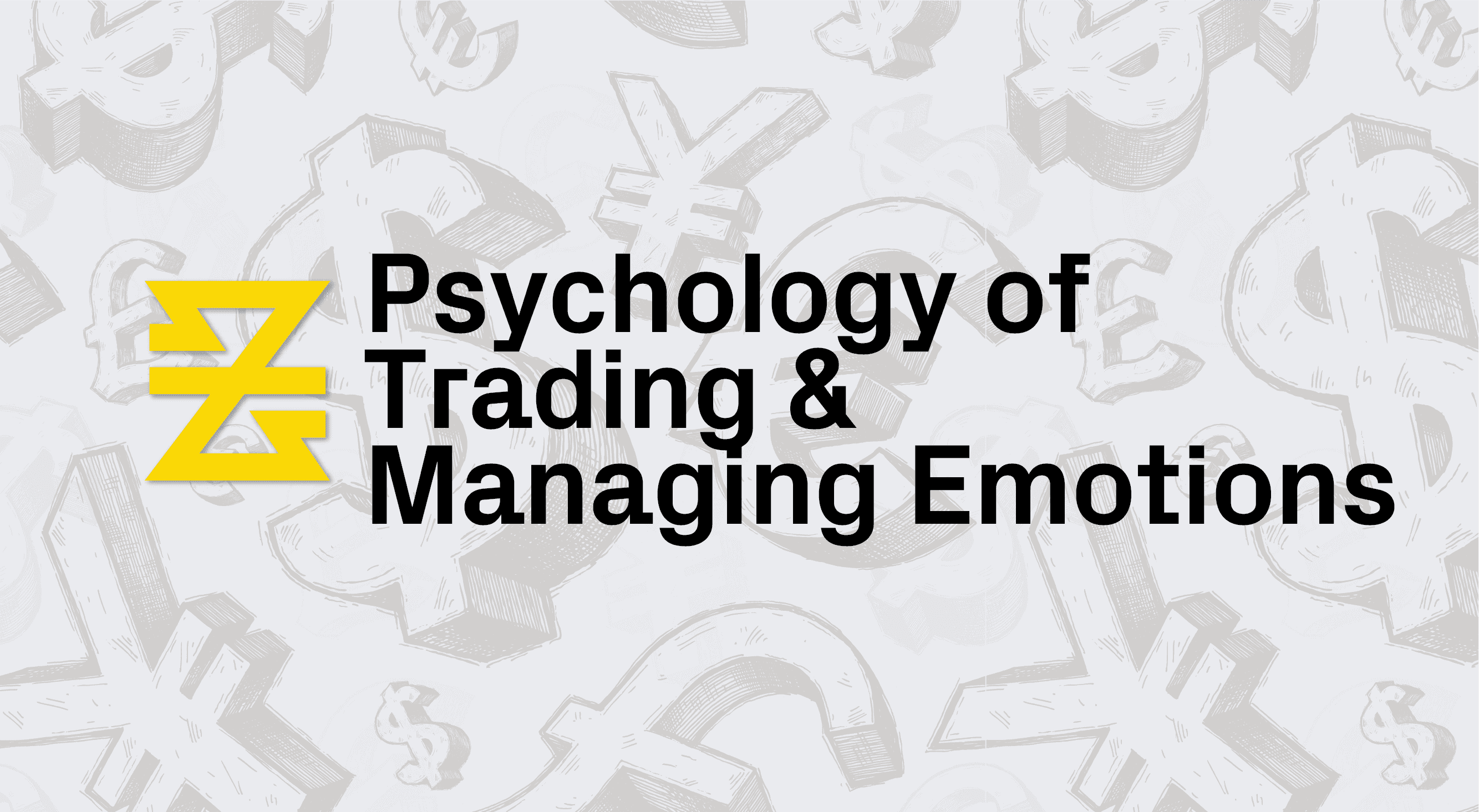- CFDs & Forex Trading | Regulated Online Trading
- About Us
- Trading
- Platforms
- Resources
- Partners
- Research
Search
×

CHAPTER 5 - LESSON 4
The psychology of trading and managing emotions is an important aspect of risk management in forex trading. Emotions such as fear, greed, and hope can cloud a trader’s judgment and lead to poor trading decisions.
The psychology of trading plays a significant role in a trader’s success. While technical analysis and fundamental factors are essential, emotions can greatly impact decision-making.
Trading with emotions, such as fear, greed, and impatience, can lead to irrational choices and poor outcomes. Understanding the psychology of trading involves recognizing and managing these emotions. It requires discipline, objectivity, and the ability to stick to a well-defined trading plan.
Developing emotional resilience and maintaining a balanced mindset is crucial. Traders need to control their emotions, avoid impulsive actions, and stick to their strategies even during volatile market conditions.
By acknowledging and addressing the psychology of trading, traders can enhance their decision-making process, improve consistency, and increase their chances of long-term success in the financial markets.
Here are some key things to know about managing emotions in forex trading:
Can cause traders to hesitate to enter or to exit trades too early.
• Traders should have a well-defined trading plan and should stick to that plan, even in the face of market volatility.
Can cause traders to take on too much risk or to hold onto losing trades for too long.
• Traders should set realistic profit targets and should use stop loss orders to limit their potential losses.
Can cause traders to hold onto losing trades in the hope that the market will turn in their favor.
• Traders should use stop loss orders to limit their potential losses, and should exit losing trades quickly and without hesitation.
Is key to managing emotions in forex trading.
• Traders should have a well-defined trading plan, and should stick to that plan even in the face of market volatility.
Traders should also take steps to manage their overall stress levels, such as through regular exercise and healthy lifestyle habits. By managing their emotions and maintaining a disciplined approach to trading, traders can reduce their overall risk exposure and increase their chances of success in the forex market.
To recap, the psychology of trading and managing emotions is an important aspect of risk management in forex trading. Fear, greed, and hope can cloud a trader’s judgment and lead to poor trading decisions. Traders should have a well-defined trading plan, set realistic profit targets, and use stop loss orders to limit potential losses. Discipline and healthy lifestyle habits can also help traders to manage their emotions and reduce their overall risk exposure.

Trading with emotions can have a significant impact on the outcomes of trades. The psychology of trading revolves around understanding and managing the emotions that arise during the trading process.
Emotions such as fear, greed, and excitement can cloud judgment and lead to impulsive decisions. It is crucial for traders to develop emotional discipline, maintain objectivity, and stick to their trading plans.
Understanding the psychology of trading allows traders to maintain a balanced mindset, mitigate emotional biases, and achieve long-term profitability.
In this chapter, we covered many areas of risk management in forex trading, including understanding risk and reward, setting stop loss and take profit levels, position sizing, money management, and managing emotions.
Managing risk is critical to your success as a forex trader, and having a solid risk management strategy in place can help you protect your trading capital and minimize losses. By mastering these concepts and developing a sound risk management plan, you can increase your chances of success in the forex market.
Now that you have a solid understanding of risk management, it’s time to move on to the next chapter, where we will discuss your trading platform.
BAXIA GLOBAL LIMITED
Join the community
Risk Warning: Margin trading involves a high level of risk, and may not be suitable for all investors. You should carefully consider your objectives, financial situation, needs and level of experience before entering into any margined transactions with Baxia Markets, and seek independent advice if necessary. Forex and CFDs are highly leveraged products which mean both gains and losses are magnified. You should only trade in these products if you fully understand the risks involved and can afford losses without adversely affecting your lifestyle (including the risk of losing the entirety of your initial investment). You must assess and consider them carefully before making any decision about using our products or services.
Baxia Global Limited is a company registered in Seychelles with registration number: 8426970-1, and is regulated by the Financial Services Authority of Seychelles with License number: SD104.
Baxia Limited is a company registered in The Bahamas with registration number: 177330 B, and is licensed and regulated by The Securities Commission of The Bahamas (SCB), (SIA-F234).
The information on this website is general in nature and doesn’t take into account your personal objectives, financial circumstances, or needs. It is not targeted at the general public of any specific country and is not intended for distribution to residents in any jurisdiction where that distribution would be unlawful or contravene regulatory requirements. Baxia Markets does not offer its services to residents of certain jurisdictions such as USA, Cuba, Sudan/Republic of Sudan, Syria, Iran, Iraq, South Sudan, Venezuela, Libya, Belarus, Afghanistan, Myanmar, Russia, Crimea, Donetsk, Luhansk, Palestine, Yemen, Zimbabwe and North Korea.